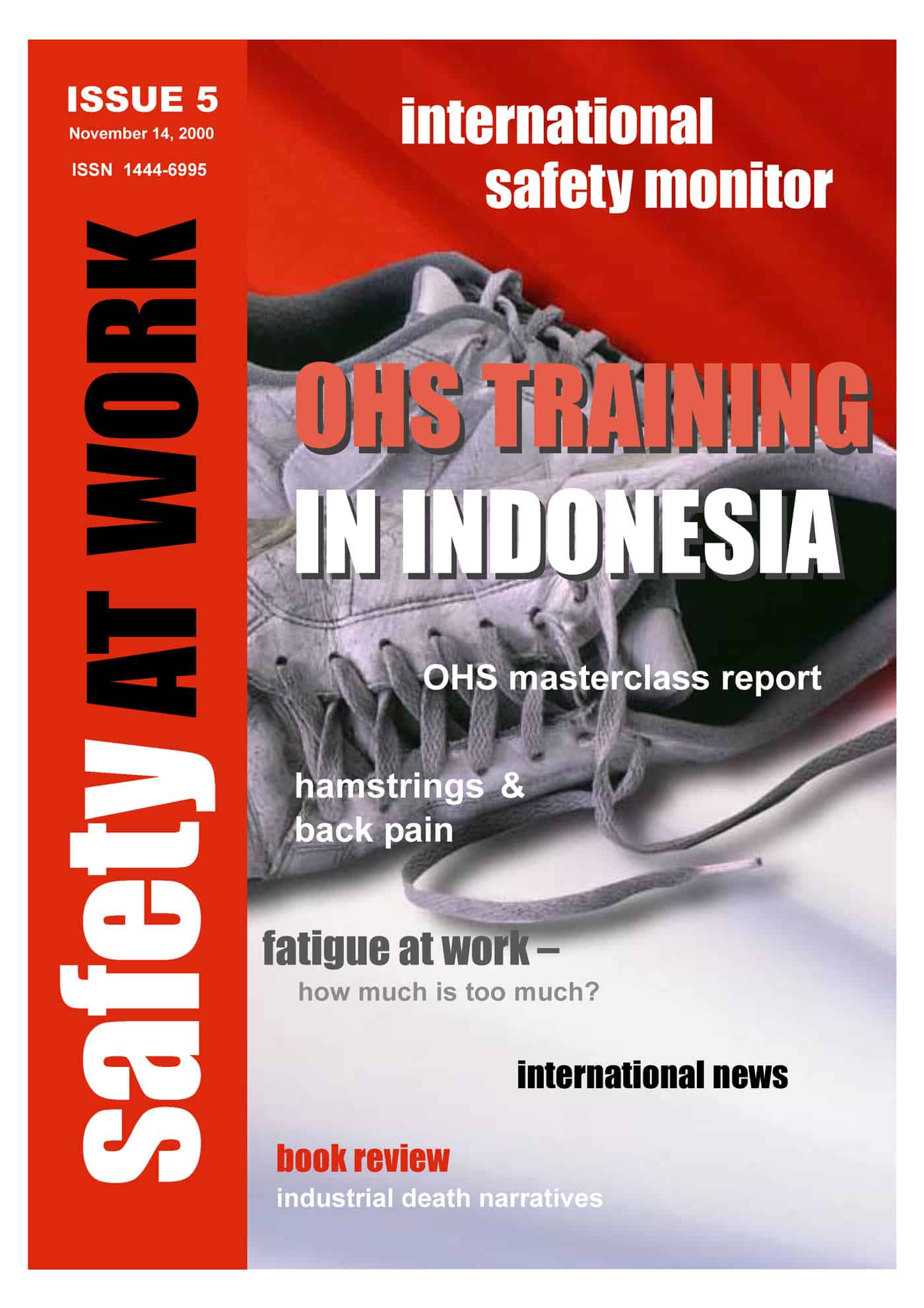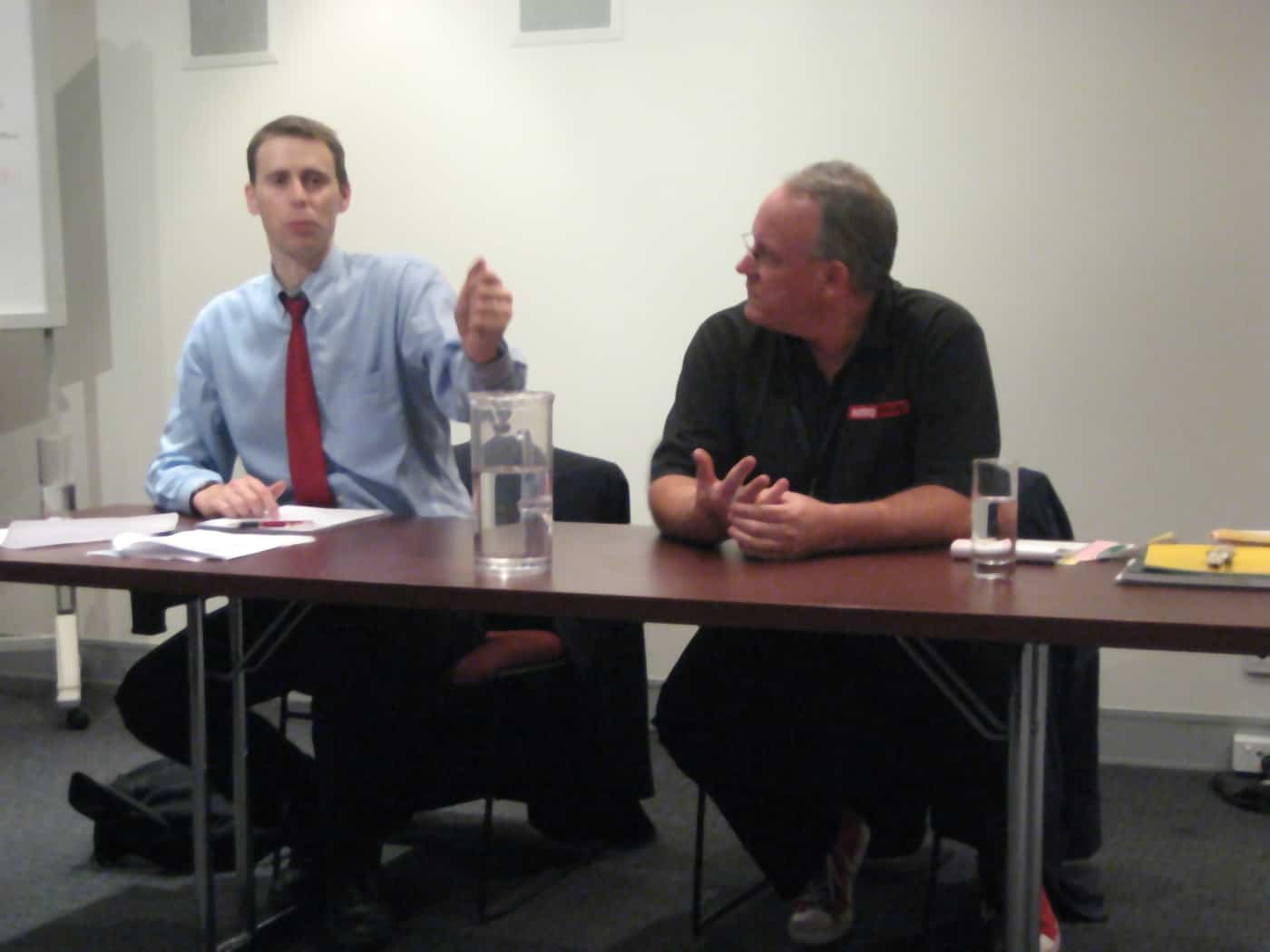Following two short messages from international representatives of the Institute of Occupational Safety and Health (IOSH) and the American Society of Safety Engineers (ASSE), the Governor of Victoria, Professor David de Kretser AC, officially opened the Safety In Action Conference for 2009. The Governor made several pleas or suggestions. One was for the application of a duty of care at music concerts towards patrons just as there is a duty towards members of the public at workplaces. Another was that the contributions to reproductive ill-health from work practices be more thoroughly investigated and researched.
Barry Sherriff of Freehills law firm provided a personal perspective on the harmonisation of Australia’s OHS Model Law. He spoke of the benefits of enforcement policies and resource sharing that could eventuate from the model law review, should the government accept the recommendations (a long way from a done deal from the rumours in the safety profession).
It should come as no surprise that the major benefits from the review seemed to be for lawyers even though Barry insisted that the model law improved the application of OHS for the people. It certainly sets the context for safety to be improved but there are so many political steps in the process before safety improvements flow from the model OHS law review through to the shopfloor. There is still a strong disconnection between streamlining OHS law and implementing safety management. There are codes of practice, state government sign-off, trade union acceptance just to mention a few of the potential barriers to be overcome in the very tight implementation timeframe set by the Australian government.
What took the punch out of Barry’s presentation is the current silence on the model OHS law review from the government.


